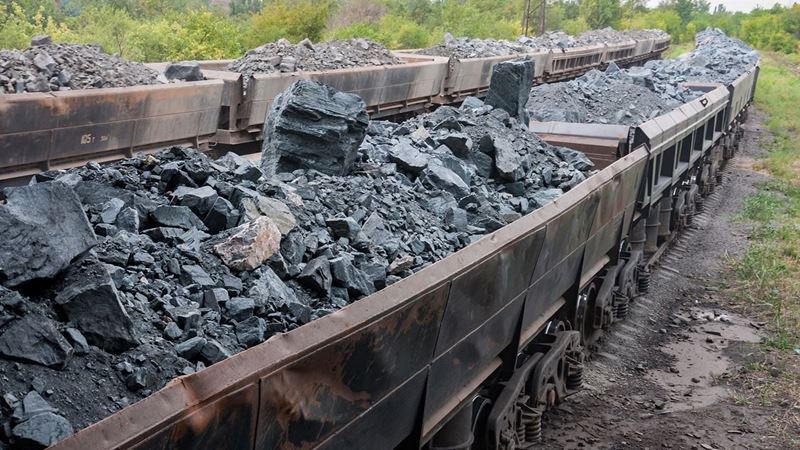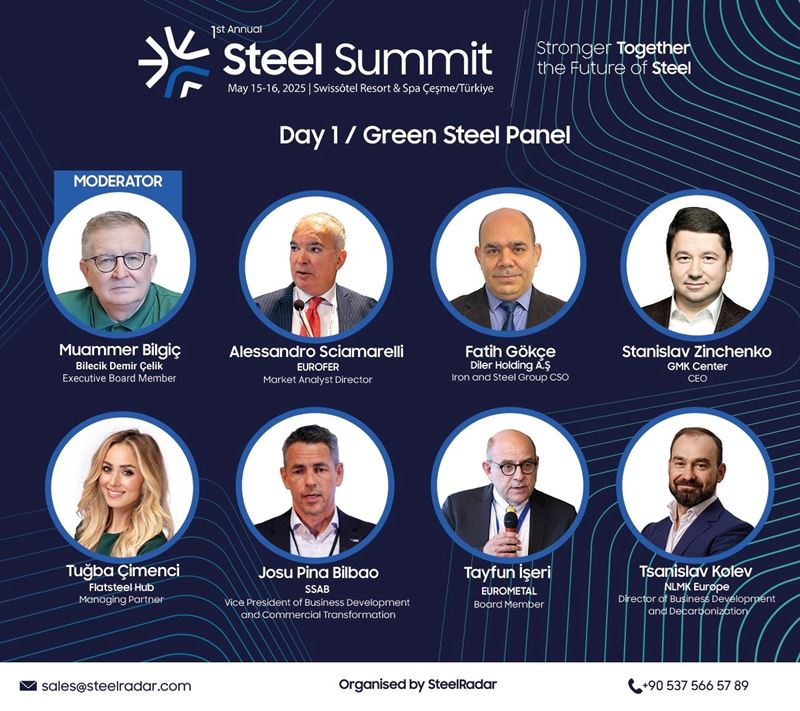The European steel industry is expected to face significant challenges following the implementation of U.S. steel tariffs, while China remains largely unaffected, according to Dr. Keyvan Jafari Tehrani, a global steel market expert.
In a recent interview with Fooladban, Dr. Keyvan explained that many assume the 25% tariff on U.S. steel imports will mainly impact China, but in reality, Europe will bear the brunt of the restrictions. He highlighted that China’s steel exports to the U.S. in 2024 amounted to just 890,000 tons, representing a mere 0.8% of its total steel production. In contrast, the European Union (EU) exported 17.5 million tons of steel to the U.S., accounting for 14.5% of its total steel output of 120 million tons.
"The EU is far more dependent on the U.S. steel market than China," Dr. Keyvan said, noting that the tariffs will likely lead to a major shift in trade flows.
Europe’s Competitive Disadvantage
Dr. Keyvan further pointed out that European steelmakers lack competitiveness in alternative markets, particularly in the Middle East. Unlike China, which exported 20 million tons of steel to the Middle East and North Africa (MENA) region last year, the EU has no significant steel trade with the region due to its higher production costs and inability to compete with lower-priced suppliers like China, Turkey, and Russia.
With the U.S. imposing tariffs, European producers will have to find new buyers or risk a surplus in domestic markets, which could pressure prices and profitability.
Global Steel Market Outlook
Looking ahead, Dr. Keyvan predicted that the U.S. tariffs will lead to an increase in global steel supply, as exporters redirect shipments to alternative markets. This oversupply could drive global steel prices lower, creating a challenging environment for producers worldwide.
"With supply expected to rise, it’s likely that global steel prices will decline compared to last year," Keyvan concluded.
As the international steel market adapts to the new tariff landscape, European producers may need to reassess their trade strategies to mitigate losses, while China remains relatively shielded from the impact.











Comments
No comment yet.